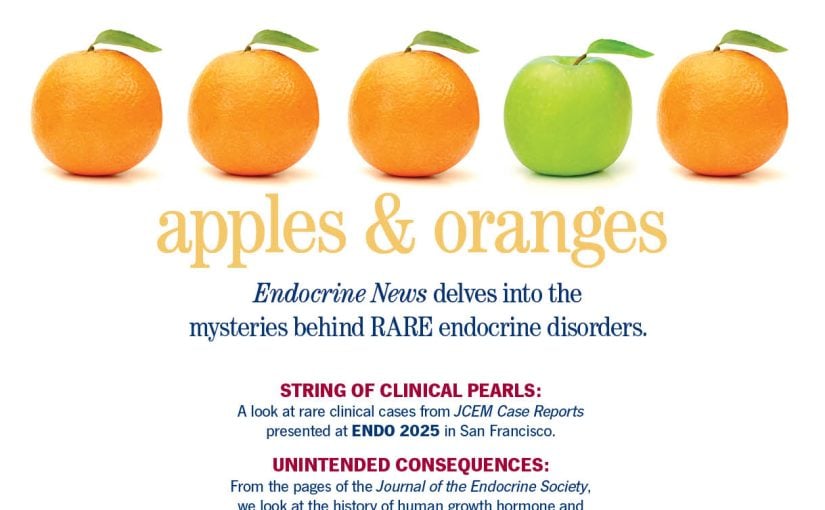Share
Deletion of androgen receptors (ARs) in leptin receptor (LepRb) neurons improves estrous cycles, providing a possible therapeutic target for the symptoms of polycystic ovarian syndrome (PCOS), according to a mouse study recently published in Endocrinology. Researchers led by Carol F. Elias, PhD, of the University of Michigan Medical School’s Department of Molecular and Integrative Physiology,...
Share
Mutations of the Fragile X messenger ribonucleoprotein 1 gene (Fmr1) — a leading genetic cause of intellectual impairment and autism — contribute to premature ovarian failure (POF) due to changes in neurons that regulate reproduction in the brain and ovaries, according to a study recently published in Frontiers in Endocrinology. Researchers led by Djurdjica Coss,...
Share
Therapeutic program targets a novel mechanism of melatonin receptor action outside of the CNS Celmatix Inc. today announced its latest drug program that targets melatonin receptors outside of the central nervous system (CNS). The company hopes the therapeutic drug will address a critical gap in the market for effective first-line treatments for a range of...
Share
Children born to mothers who had COVID-19 during pregnancy may be more likely to develop obesity, according to a new study published in the Endocrine Society’s Journal of Clinical Endocrinology & Metabolism. More than 100 million COVID-19 cases have been reported in the United States since 2019, and there is limited information on the long-term health effects of the...
Share
Demand for testosterone therapy has soared in the United States with more men seeking to increase hormone levels in hopes of enhancing virility, strength and energy. Testosterone therapy has become a burgeoning business with direct-to-consumer men’s health platforms proliferating online in recent years. While testosterone therapy benefits some men, it can be harmful for others,...
Share
A higher prevalence of the evening chronotype in women with polycystic ovary syndrome (PCOS) is associated with a worse hormonal and metabolic profile, according to a paper recently published in the Journal of Pineal Research. Researchers led by Giovanna Muscogiuri, MD, PhD, an assistant professor in the Unit of Endocrinology at Federico II University Medical...
Share
Cryos International Sperm and Egg Bank recently announced a published scientific study which suggests that the use of Virtual Reality (VR) headsets during sperm donation has a positive effect on sperm quality. The study can be viewed in Reproductive Biology and Endocrinology. During the summer of 2021 Cryos International introduced VR headsets in the donor...
Share
Exposure to blue light through regular use of tablets and smartphones may alter hormone levels and increase the risk of earlier puberty, according to data from a rat study presented last month at the 60th Annual European Society for Paediatric Endocrinology Meeting in Rome. Longer duration of blue light exposure was associated with earlier puberty...

